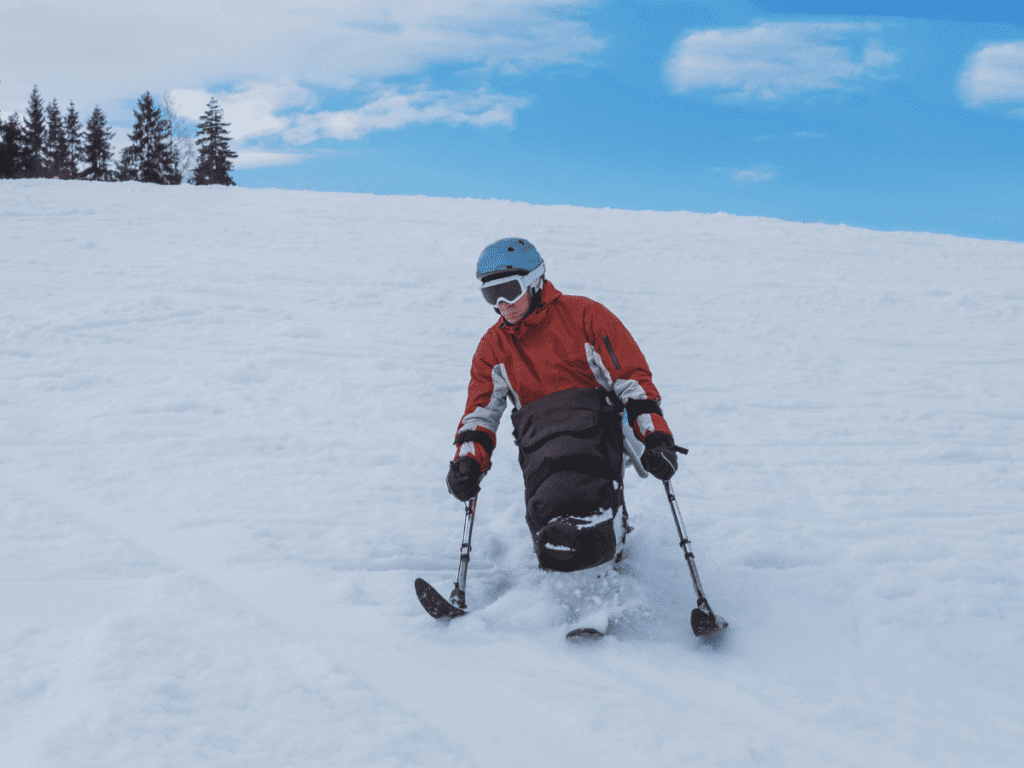Beyond sports: USask Athletics fostering Indigenous inclusion and empowerment

In 2018, the Saskatoon Residential School Survivor Circle supported the request of the Huskie Cross Country team’s desire to race in orange singlets in honour of Residential School Survivors and the thousands of children who never made it home. This tradition continues today and has evolved to include all visiting athletes choosing to wear orange…
Young people’s reasons for leaving organized sports
A recent study examined the reasons Norwegian youths provided for dropping out of organized sports and how these reasons depend on social backgrounds such as socioeconomic status, gender, and ethnicity. Overall, the most common reasons for dropout were prioritizing schoolwork, lack of skills, and friends quitting.
Participating in leisure-time physical activities (LTPA) contributes to the well-being of people with disabilities

Participating in leisure-time physical activities (LTPA) can boost the well-being of people with disabilities. Unfortunately, they often participate in these activities less than others, especially during winter due to environmental barriers and limited programs. Taking part in adaptive snowsports like skiing or snowboarding can help people with disabilities stay active in the winter. We aimed…
Coaches and athletes for activism
In the ongoing discussions about sport management, most of the focus is given to revenue generation through sport. However, this new study sheds light on using sport as a platform for coaches and athletes to be activists, driving societal change. Through exploring the factors shaping this activism and its impacts, this study offers insights for…
Striving for gender equity in sport
It is important in all realms of life to strive for gender equity and equality. In a recent study conducted on an Australian football and netball club aiming for gender equity, researchers analyzed decision-making structures and the establishment of women’s football sections over a 6-month period using interviews and observations. Despite efforts to promote gender…
Disability sport post COVID-19
COVID-19, a major epidemic, has profoundly affected people’s lives globally. A recent study explores its impact on disability sport, highlighting 4 key discussions: media coverage during lockdown, promotion of sporting opportunities, thriving inclusion efforts, and the future of community disability sport post-lockdown.
Taking a non-binary approach to sport diversity
Gender binaries have an influence on sports policies, particularly focusing on the challenges faced by transgender individuals. A recent study highlights the limitations of current governing body procedures, which often prioritize binary gender structures and fail to accommodate non-binary identities.
R.I.S.E. Challenge Hockey Tournament and Summit on Diversity and Belonging
Join us for the THIRD ANNUAL R.I.S.E. Challenge Hockey Tournament and Summit on Diversity and Inclusion, a dynamic event uniting hockey enthusiasts, stakeholders, and advocates for positive change in the hockey culture. Last year, R.I.S.E. hosted its second tournament and summit, igniting conversations about diversity and belonging in hockey at Carleton University’s Ice House. This year,…
Mentorship in marginalized communities
Mentoring appears to offer distinct benefits for marginalized people, particularly within the Black community. A study investigating how African American male athletic directors manage diversity and inclusion in college athletic departments revealed that these directors were uniquely positioned to support Black individuals, including athletes.
Mental health, cultural competence and sport
For coaches to be able to fully support the mental health of athletes they need to be culturally competent. Cultural competence is defined as understanding the social and cultural factors that influence one’s health beliefs and behaviours. Sport organizations need to ensure that everyone involved in sport receives the proper training and resources so that…